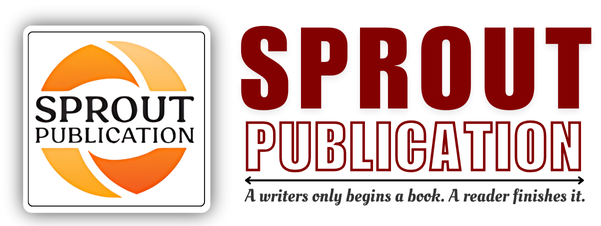Chapter 4: Basic Terminologies Used in Pharmacovigilance
Chapter 4: Basic Terminologies Used in Pharmacovigilance
Author: Mr. Satyendra Garg
Volume: 01
First Online: 31 August 2024
Pages: 36-48
DOI:
Abstract
Pharmacovigilance, the science of detecting, assessing, understanding, and preventing adverse effects or any other drug-related problems, involves a range of specialized terminologies essential for effective communication and regulation. Key terms related to adverse medication-related events include Adverse Drug Reaction (ADR), which refers to harmful and unintended effects of a drug at normal doses, and Adverse Event (AE), which encompasses any untoward medical occurrence during drug use, regardless of a causal relationship. Other critical terms include Serious Adverse Event (SAE), indicating an event that results in death, hospitalization, or significant disability, and Signal, which denotes information suggesting a new potential causal association between a drug and an adverse event that warrants further investigation. Regulatory terminologies, such as Risk Management Plan (RMP) and Periodic Safety Update Report (PSUR), are crucial in the ongoing evaluation of drug safety by regulatory authorities. The Benefit-Risk Assessment is another key concept, involving the continuous evaluation of a drug’s positive effects compared to its risks throughout its lifecycle. Understanding these terminologies is fundamental for healthcare professionals, regulators, and pharmaceutical companies to ensure the safe and effective use of medications.
Keywords: Drug Safety, Regulatory Terminology, Medication Safety, Pharmaceutical Regulation.

